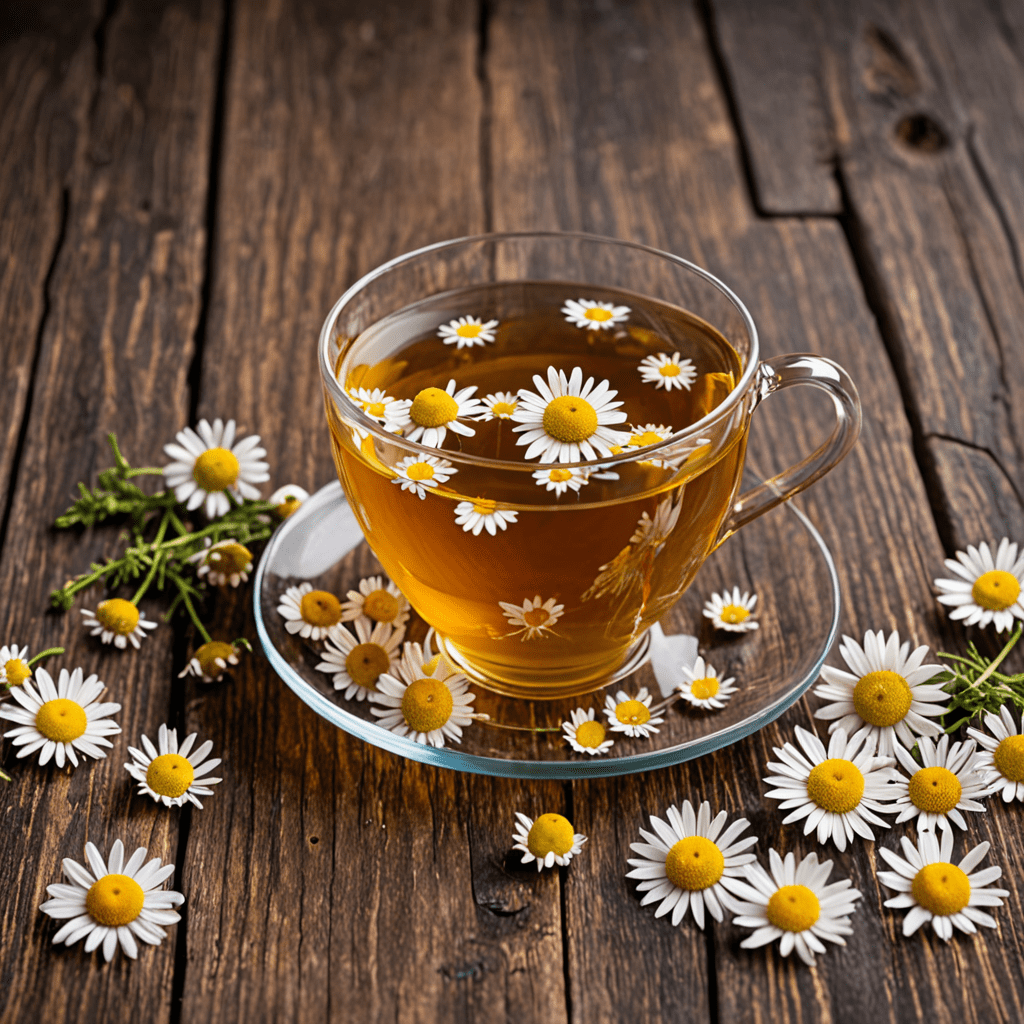
Introduction: Assam’s Tea Legacy
Nestled in the verdant plains of northeastern India, Assam holds a hallowed place in the world of tea. Its rich history and unparalleled quality have earned Assam tea a reputation as the "Pride of Assam." With a legacy spanning centuries, Assam tea has become an integral part of the state's culture, identity, and economy. Its journey from humble beginnings to global acclaim is a testament to the unwavering dedication of its cultivators and the unique environmental conditions that have shaped its distinctive character.
Unique Characteristics of Assam Tea
Assam tea is renowned for its full-bodied, malty flavor, rich amber color, and bold aroma. Its leaves are large and dark green, a result of the abundant sunshine and rainfall in the Brahmaputra Valley. The unique terroir of Assam provides ideal conditions for tea cultivation, imparting Assam tea with its characteristic flavors and aromas. The presence of polyphenols, antioxidants, and caffeine contributes to its robust flavor and invigorating effects. Assam tea is a symphony of taste and aroma, making it a cherished beverage worldwide.
Historical Evolution of Tea Cultivation in Assam
The introduction of tea cultivation in Assam is a tale of serendipity and foresight. In the early 19th century, British explorer Robert Bruce discovered wild tea plants growing in the region. Recognizing their potential, he initiated the cultivation of tea on a commercial scale. The establishment of tea estates and the influx of skilled laborers from other parts of India marked the beginning of Assam's tea industry. The advent of steam navigation on the Brahmaputra River facilitated the transportation of tea, further boosting its growth and popularity.
Socio-Economic Significance of Assam Tea
Assam tea's profound impact extends beyond its taste and aroma; it is deeply interwoven with the socio-economic fabric of the state. The tea industry has played a pivotal role in the development of Assam, providing employment to millions of people, directly and indirectly. From tea pickers and factory workers to tea estate managers and exporters, the industry supports a vast workforce. Tea cultivation has also led to the establishment of townships and infrastructure, fostering economic growth and prosperity in Assam.
Cultural Heritage and Symbolism
Assam tea is not merely a beverage; it has become an integral part of the Assamese way of life. The act of brewing and sharing tea holds immense social and cultural significance. It is a symbol of hospitality, bonding, and shared experiences. The state's vibrant tea festivals and celebrations are a testament to the deep reverence and love for this iconic beverage. Assam tea has permeated the cultural psyche of the people, inspiring art, literature, and folklore.
Global Recognition and Exports
Assam tea's reputation extends far beyond the borders of India. Its distinctive flavor and quality have made it a coveted beverage worldwide. The state accounts for a significant share of India's tea exports, reaching markets in Europe, North America, the Middle East, and beyond. Assam tea has earned numerous accolades and awards, including the prestigious Golden Leaf Award at the World Tea Expo. Its global recognition is a testament to the hard work, dedication, and expertise of Assam's tea growers and producers.
Challenges and Sustainability
While Assam tea continues to flourish, it faces ongoing challenges. Climate change, urbanization, and unsustainable farming practices pose threats to the industry. To ensure the long-term sustainability of Assam tea, concerted efforts are being made to adopt environmentally friendly practices, diversify tea varieties, and support small-scale tea growers. The Assam Tea Board, government initiatives, and research institutions are working tirelessly to preserve and promote the legacy of Assam tea while minimizing its environmental footprint.
Conclusion: Assam Tea's Enduring Legacy
Assam tea is a symbol of pride, heritage, and economic prosperity for the state of Assam. Its unique taste, rich history, and cultural significance have made it a beloved beverage both at home and abroad. As the world's leading tea-producing region, Assam continues to innovate and adapt, ensuring that its legacy as the "Pride of Assam" will continue to be celebrated for generations to come.
FAQs
What makes Assam tea different from other teas?
Assam tea is renowned for its full-bodied, malty flavor, rich amber color, and bold aroma due to its unique terroir and large, dark green leaves.How is Assam tea cultivated?
Assam tea is cultivated in the Brahmaputra Valley, where the ideal climate and soil conditions foster its distinctive characteristics. The tea plants are carefully tended and harvested by hand.What are the socio-economic benefits of Assam tea?
The tea industry provides employment to millions of people in Assam and contributes significantly to the state's economy. It has also led to the establishment of infrastructure and townships, fostering economic growth and prosperity.
- Is Assam tea sustainable?
Efforts are being made to ensure the sustainability of Assam tea. Environmentally friendly practices, diversification of tea varieties, and support for small-scale tea growers are key initiatives in minimizing the industry's environmental footprint.

